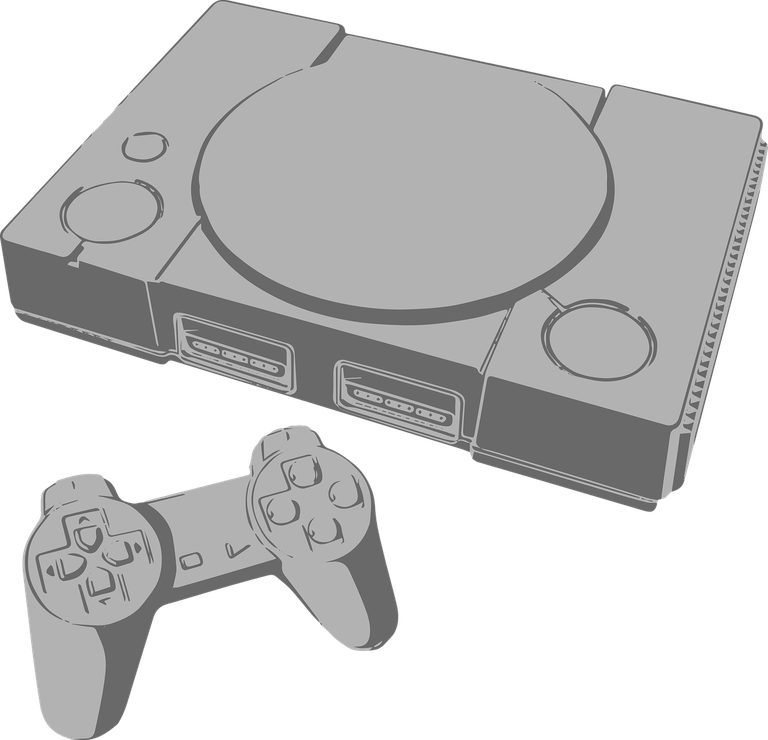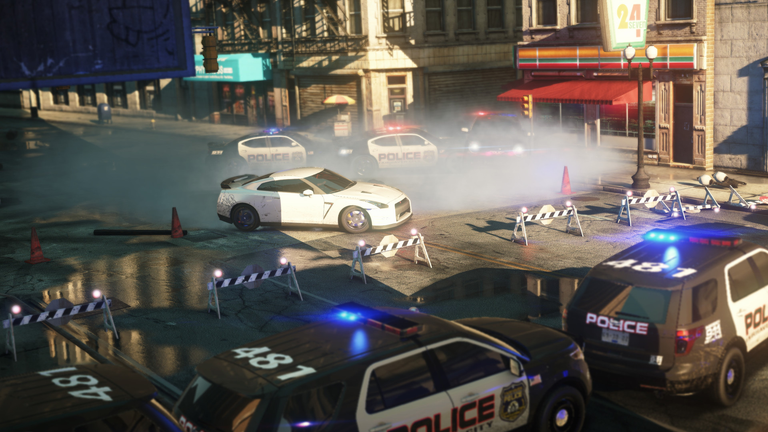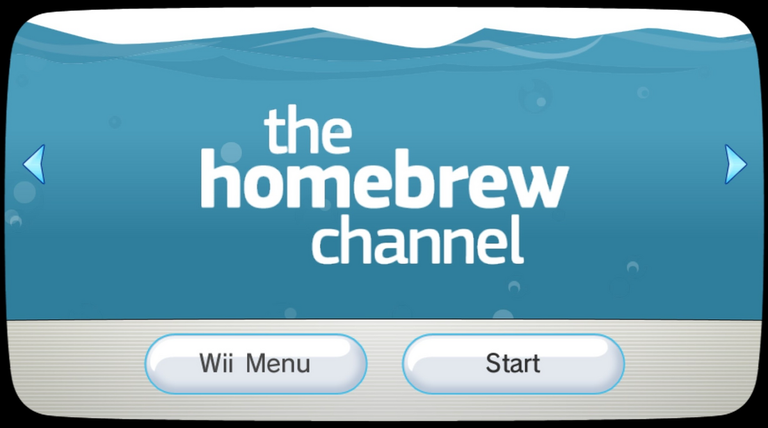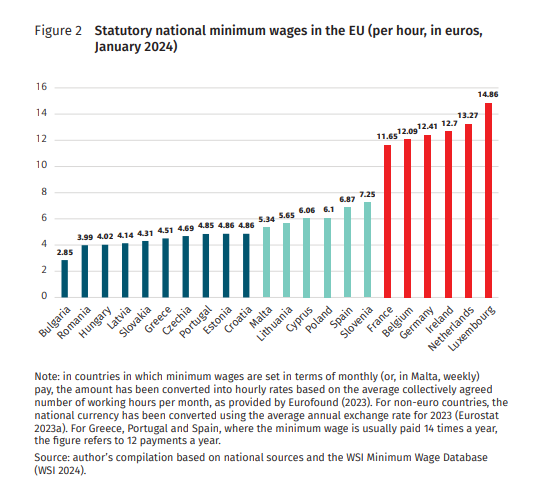Piracy is often deemed as unethical, and it's generally frowned upon to promote it. But that wasn't how I was brought up. Growing up in Malta, piracy was the norm, and it will continue to be in regions where gaming is much more expensive.
Now that I'm 30 years old and a content creator, I definitely want to support the game developers as much as I can, especially since I work and earn my own money.
Cracked PS1 Games were Normal
When I was 4, we already had an Amiga and PlayStation consoles in our house. I can't say I remember the Amiga much except for Lemmings, but PlayStation is a console I've played for a large part of my childhood.
In the late 1990s and early 2000s, copy-protection was rather week. I'm not sure the extent that was required, but every relative or friend that had a PlayStation was able to play cracked games.

Cracked games where copies that were burned on a CD. As a kid, my dad would take me to the Sunday open market in Valletta and there was a stall with hundreds of games that cost 2 Maltese Lira, equivalent to around $5.
I never understood why police would come around the stalls at around 11am and have them close early, but they would be open week after week. At that age, piracy never meant anything.
I played games including Frogger, Spyro the Dragon, Crash Bandicoot, Digimon World, and had over 100 games stacked. And when a CD got scratched and was no longer playable, I'd be upset (I am still salty about lending games to my cousin who didn't take good care of them).
The reality is, the norm made sense for Malta. Games costing 10 times that price would have made gaming pretty inaccessible; when purchasing a console is already a mini-luxury in itself.
Burning CDs and Emulators
Being in a tech-advanced household, I was taught how to download cracked games, play on emulators, and burn CDs.
Before I was even 10 years old, I had played countless games on a GameBoy Color and GameBoy Advanced simulators, including the pokemon series. On PC, we also had many games downloaded and installed, such as The Sims 2 (and its expansion packs), Need for Speed, Age of Empire series, and so many more.

I grew up in an era were my dad was the sole breadwinner of the family. Looking back, if we were to have bought all the games we played, our family would be bankrupt.
The luxury of going online and downloading a game you want to play was epic! Sure, we had to plan downloads after 11pm because that's when downloads were not limited, but that was a tiny inconvenience.
And I'm sure most games I didn't even play for hours, so being able to try out and test things without that financial commitment was freeing.
The Online Consoles Homebrew Era
As consoles grew better, so did their copy protection. Especially because consoles like the Wii and Nintendo DS were able to connect to the internet, hacking the consoles was a bit more complicated.
Both consoles we had ordered online from a foreign site, and they were cheaper than if we had bought fresh consoles. Odd, right?
The NDS came with a Micro SD reader, if I remember correctly, which held hundreds of games. The ability to download and put roms into that was huge. I loved games like Disgaea and Digimon World Dusk, with hundreds of hours played.
The Wii was slightly more challenging. I recall that it had to have a Homebrew channel installed, and when the CD reader stopped working, we had to rely on an external hard-drive via USB to play games.

But even though it was a more conscious effort of pirating games, it was still a normal sentiment. And as I was still able to play online via WiFi, it did not really prevent me as a teenager from pirating games.
The Reality Today
With Switch 2 being announced, I realised how expensive buying the console and its games will be. This is what has launched me into this post.
The Switch 2 will be the first console I fully intend to buy and play authentically. That doesn't remove the fact that richer economies like the UK and US, an average person has to work way less to earn the same amount of money to buy the consoles or games.
If we were to base it on Minimum Wage, in countries like UK and Germany, a person would have to work around 5 hours to buy a $60 game.
Whereas a minimum wage earner in Malta would need at least 11-12 hours of work. And that's leaning towards the EU average. Other countries within the EU as well as across the world have significantly lower wages, requiring more than 20+ hours of work (before taxes) to afford a game.

A gaming console in itself already costs a large portion of a monthly wage (if not more), so asking to give up around 20% monthly wage for a single game is unreasonable, especially when other costs (like rent and food) are a necessity.
Accessibility through Piracy and Free to Play
Because of that, I understand why piracy is a necessary element in poorer economies. As it has become incredibly harder, it's the free-to-play games that got a chance to really shine.
Although some games still require a good gaming setup, whether console or a stronger PC, there's now a wider variety of accessible mobile games. I've seen many Nintendo-Exclusive games inspire Roblox experiences, like Mario Party or Pokemon clones, giving the younger and poorer gamers a chance to experience a similar gameplay to those of us who afford to spend money on expensive consoles.
Congratulations @pinkgeerough! You have completed the following achievement on the Hive blockchain And have been rewarded with New badge(s)
Your next target is to reach 20 posts.
You can view your badges on your board and compare yourself to others in the Ranking
If you no longer want to receive notifications, reply to this comment with the word
STOP